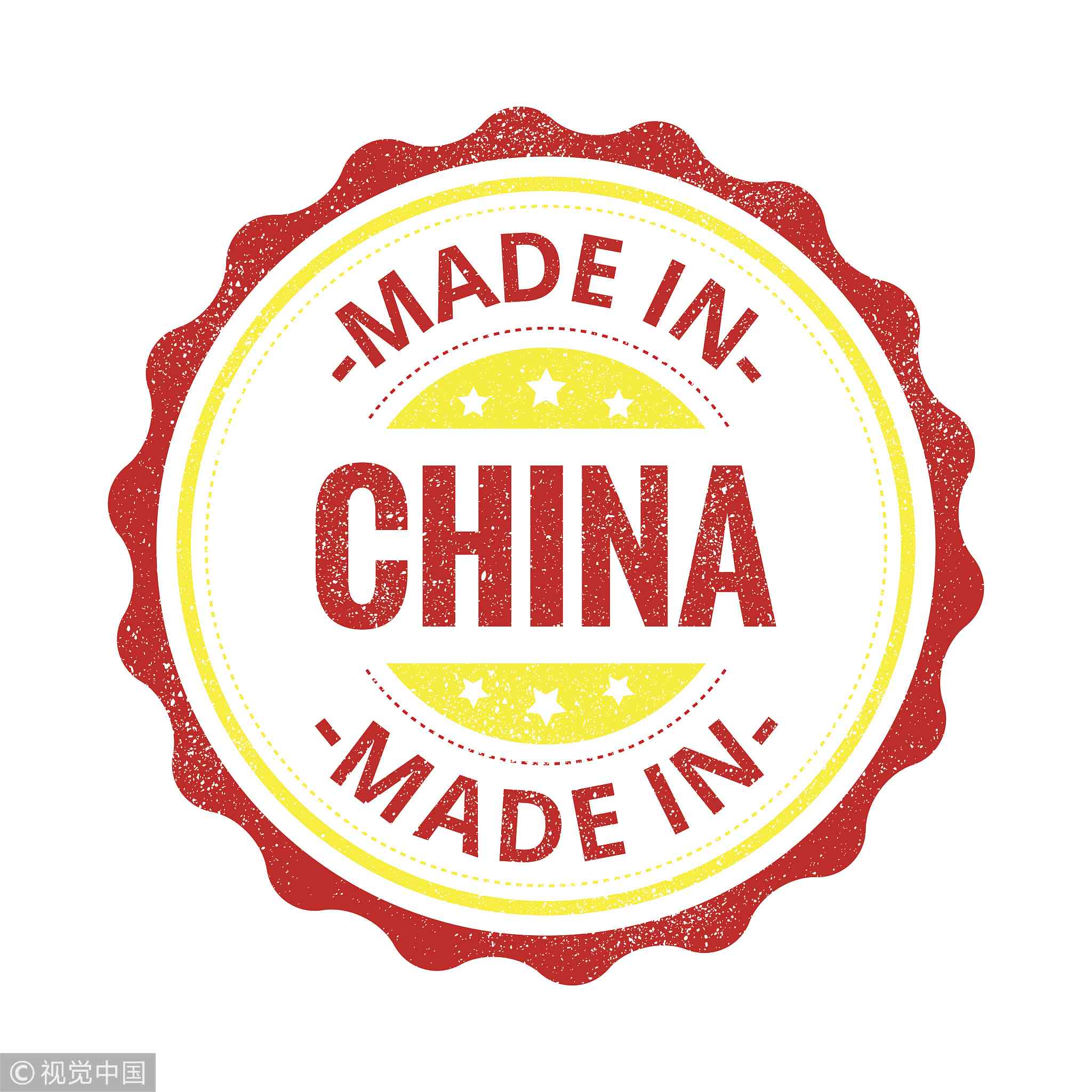05:03

What kind of device are you reading this on? Where did the clothes you bought come from?
Are they wholly from the same country you're living in? Chances are, the answer is no.

That's because the world is connected by trade, forming a global marketplace in which countries work together and share products for the mutual benefit of everyone.
In the globalized era, goods and manufacturing follow the best value. It's not always perfect, but the international trading system has helped lower the prices of consumer goods in developed countries like the U.S., and helped make the rest of the world more prosperous.
The U.S., however, is now pursuing a policy of economic nationalism, retreating from the world and making it more expensive to import goods from overseas in an attempt to drive companies back to its shores.
The policy is not only outdated, it is likely to do enormous harm – not only to the world economy, but also to U.S. consumers and job seekers.
It's easy to get lost in the economics – or the politics – and forget that this really matters to the way billions of individuals live.
So we decided to bring the issue back to the basics: How does it impact you?
We asked a man in the U.S. and a woman in China to forget the arguments about the trade war, and simply film a day in their lives to see how restricting the available products would change their lives.


Chinese brands for Chu Yun in Shenzhen, nothing made in China for Palmer in Los Angeles.
Palmer grew up with the benefits that globalization has brought to millions of Americans. The clothes he buys and the tech he uses aren't exactly cheap to him, but they are affordable.
Trade tariffs will make the products Americans see as commonplace more expensive, or simply lead to them disappearing from shelves.
"If everything was taken away that was made in China, I'd be really in trouble. My phone, my laptop, TV, clothing, things you need to cook, bathroom products. It would really suck if you did not have it. We'd basically have nothing!"
In Shenzhen, Yun faced a branding issue. The makeup she puts on before work and the clothes she wears may have been made in China, but they're largely Western brands. She was shocked by how disruptive it was not being able to follow her normal routine.
The snapshot into Palmer and Yun's lives shows just how interconnected we are. Globalization has brought the world together, and made lives richer along the way. Trying to break the system will only bring harm.
Imagine if the clothes you wear, the phone in your hand, the products you love were no longer available — how would your life change?